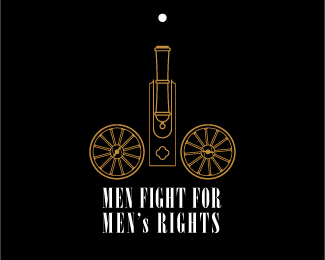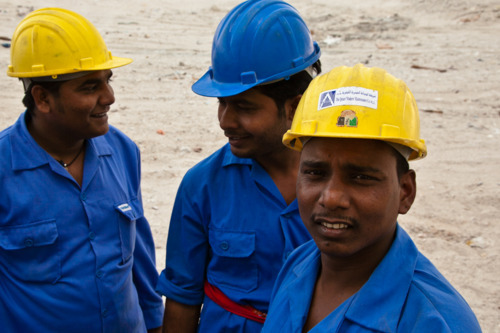In today's blog post I will discuss masculinity and how males are influenced to act as either the strong, dominant male or the "soft", weak male depending on where they are employed.
The first store I entered was the Body Shop. Their products consisted mainly of moisturizing creams, body lotions, and females cosmetics. There was one male employee among three females. The male was not masculine in any sense. His appearance did not represent any hint of masculinity. He was not physically built, he was very kind and sweet, and smiled a lot. His behavior represented the "soft," sensitive man.
Today I went to Landmark and simply walked around and observed people's behaviors. I was very confused as to how I could relate my outing to masculinity. So I decided to compare male employee's behaviors in feminine stores to male employees's behaviors in masculine stores.
I entered a an Adidas sports store. All of the employees were males. They were all dressed in yellow adidas t-shirts. They seemed quite fit and had a more confidant masculine posture as they stood tall. This reflected the traditional masculinity male. However, they were very friendly and assisted me with my needs. This reflected the "kindergarten commando" because they were masculine in their appearance but kind and friendly. I assume this is because of how they are trained to serve customers in the store.
We see these types of behaviors in our day to day interactions with people. Some males are more accustomed to being the "ladies man" where they understand females better than the "traditional" male figure. They are more sensitive and understanding of the female gender's needs. The more "traditional" male figures view these "softer" males as weak and submissive, and that is what causes the power factor to exist. The physically larger and stronger males tend to feel like they have more power and influence over the "softer" male figure. However, in today's world we are experiencing more of the "kindergarten commando" where the physically strong men have been "remasculinized." They seem tough and insensitive on the outside. However, once you interact with them you see the more sensitive and "soft" side to them.

















